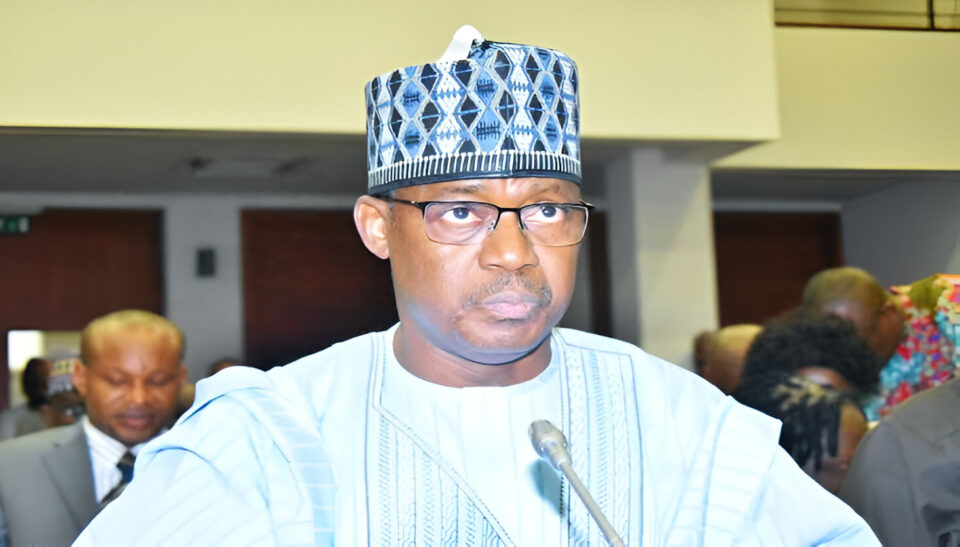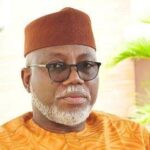By Felix Khanoba
The National Universities Commission (NUC) says the present 272 universities in Nigeria are not enough to meet the needs of the growing population in the country.
Acting Executive Secretary of NUC, Chris Maiyaki, stated this at the opening session of British Council/NUC workshop on ‘Enhancing Curriculum Development and Teaching Strategies in the Nigerian University System’ in Abuja on Monday.
Maiyaki, who expressed the need for continuous improvement of curriculum to reflect the present reality and norms of the people, said Nigeria needs more universities as it is currently undersubscribed.
“If you look at the population bracket of Nigeria, Nigeria is the only country that is highly undersubscribed, with 200 million people, and we only have today 272 universities: 61 are federal – public funded, 63 are owned by state governments, and 148 are owned by private individuals.
“And the private universities, even though they have that number, account for only 10 percent of our enrollment of 2 million that will have there,” Maiyaki said.
Speaking further, Maiyaki called for collaborative efforts to initiate continuous curriculum reform in Nigerian universities.
He emphasised the need for continuous curriculum reform in Nigerian universities to enable them to adapt to a fast-changing world.
He also said that initiating such reforms usually comes with challenges, noting that sometimes the actualization of the curriculum renewal is not fully realized due to the challenges of implementation.
“Continuous curriculum reform has been considered a necessary measure to assist schools respond to a fast-changing world.
“Initiating such reforms is not without challenges, as sometimes, the actualisation of the curriculum renewal is not fully realised due to the challenges of implementation.
“It is gratifying to note that this workshop is coming on the heels of the implementation of the recently-developed Core Curriculum and Minimum Academic Standards (CCMAS) in line with the Commission’s enabling laws.
On his part, Chikodi Onyemerela, Director of Programmes, British Council, said that there was a need to change from a traditional approach of teaching and learning to digital literacy in solving problems.
“NUC has since introduced the CCMAS which emphasizes the cultivation of critical thinking, digital literacy, problem solving, and entrepreneurial skills among graduates, and this is imperative for our educational institutions to adopt accordingly.
“We must acknowledge the hurdles that lie ahead of the traditional approach to teaching and learning, which has long been entrenched in our university system and are not easily overturned.
“To change this, it will require concerted efforts from each of us to challenge the status quo,” he said.



